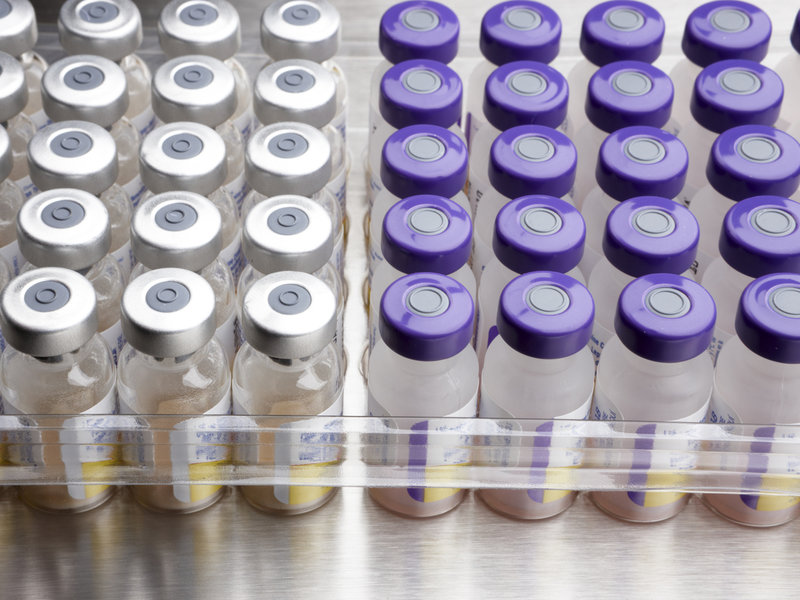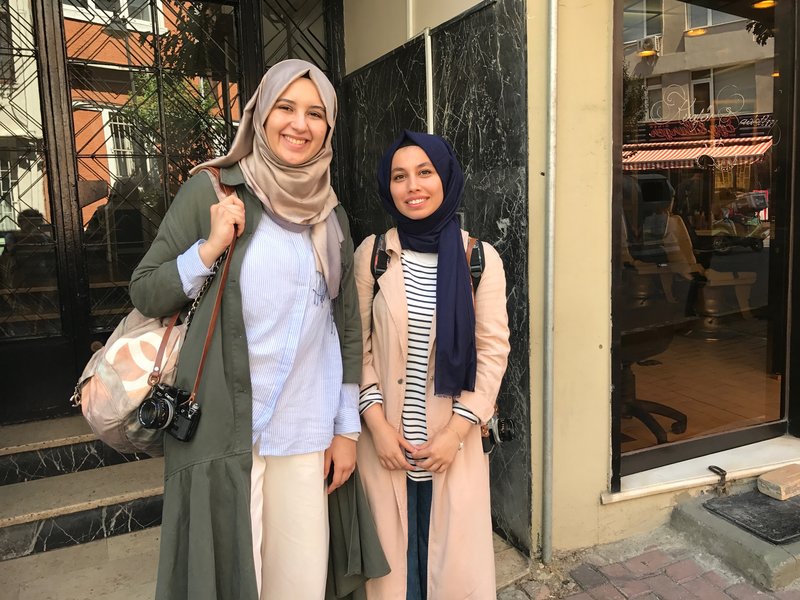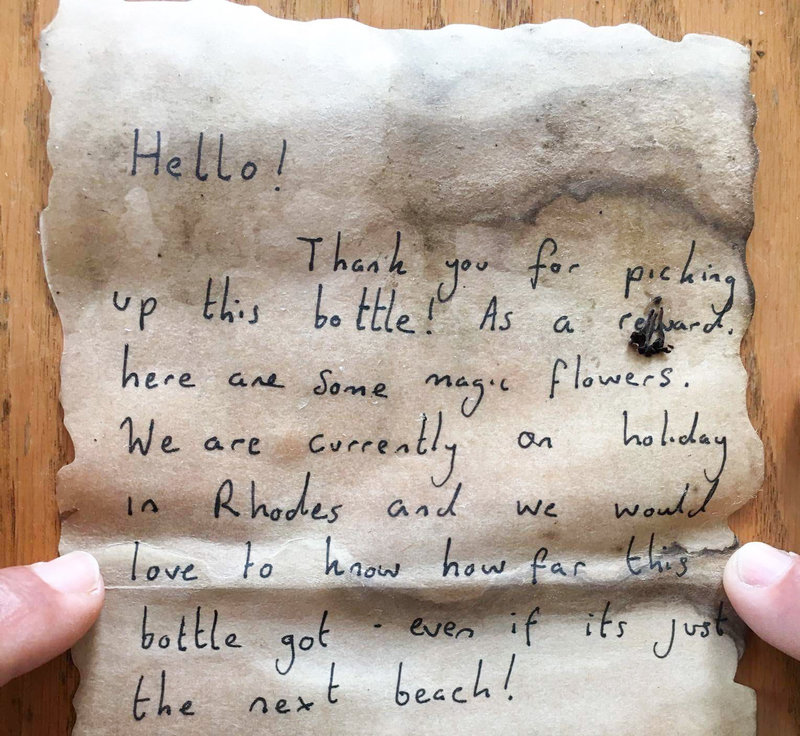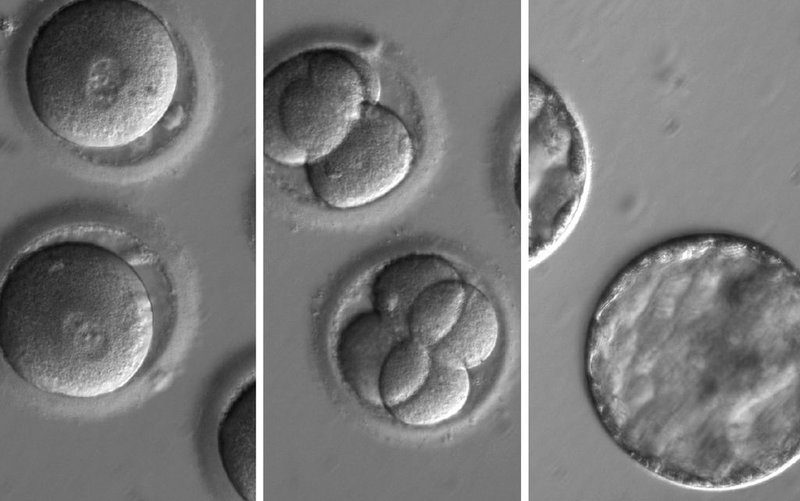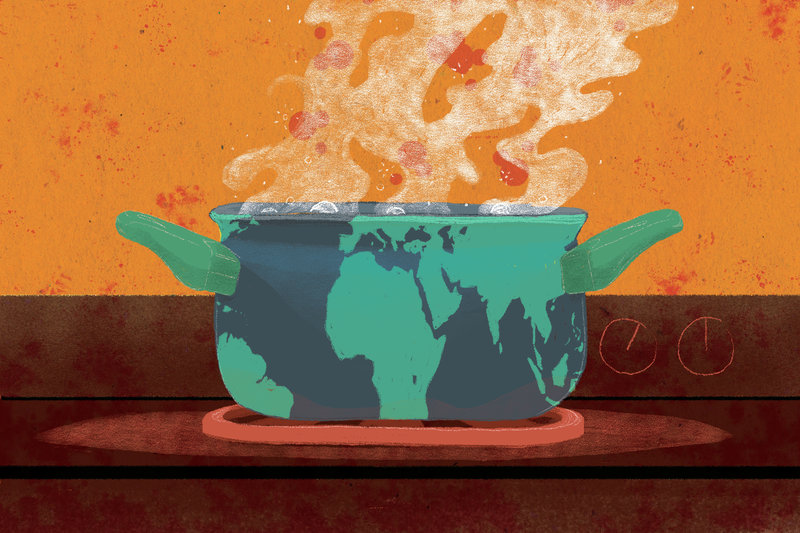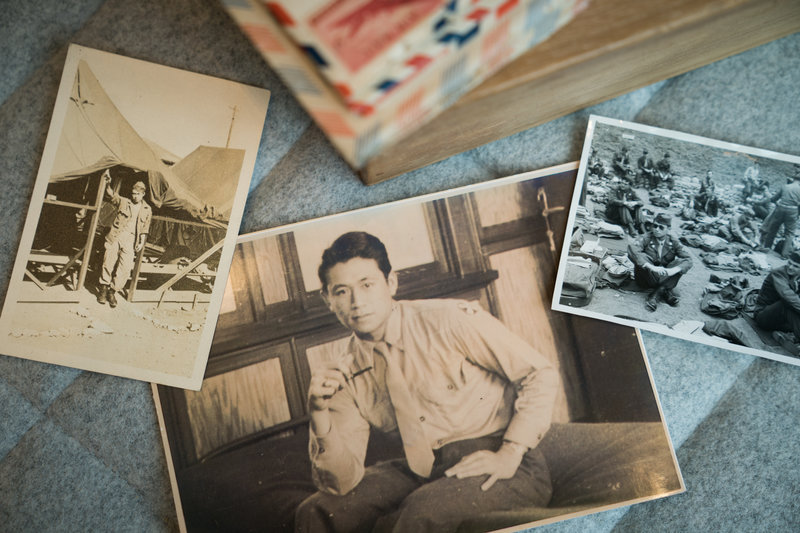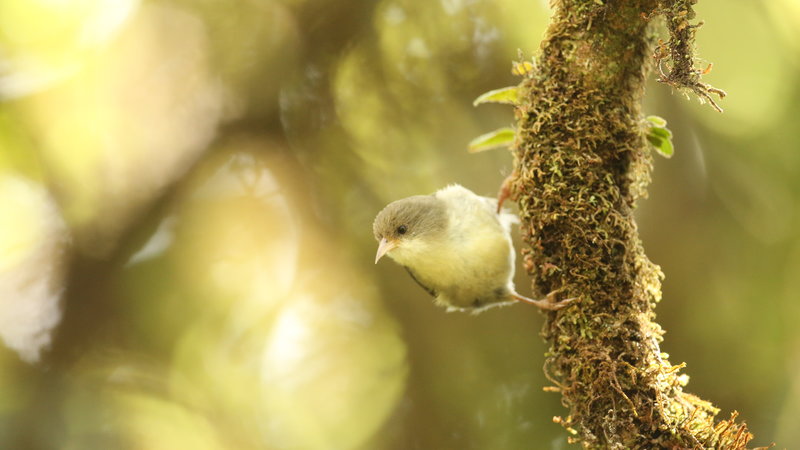 Saturday, August 26, 2017 at 11:44AM
Saturday, August 26, 2017 at 11:44AM Whole Foods Will Drop Prices On Monday, Amazon Says In Detailing New Grocery Strategy
"Amazon is cutting the prices of bananas, butter, organic eggs, and other best-selling staples at Whole Foods' 470 stores, promising customers lower costs and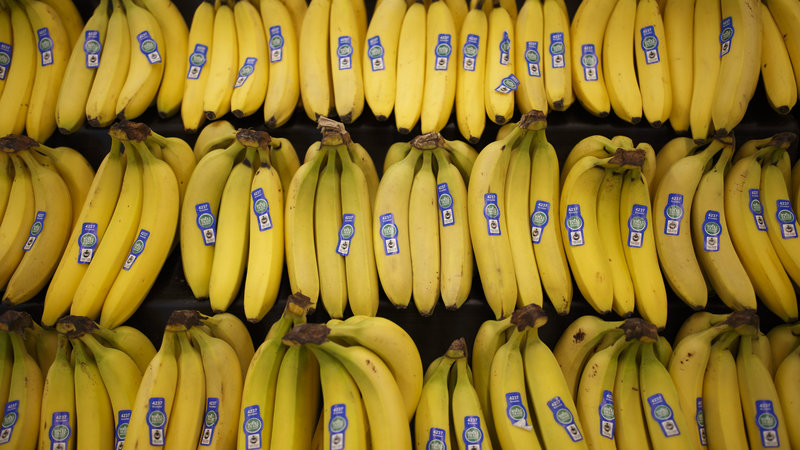 targeting the grocer's "Whole Paycheck" nickname. The online giant also says its Amazon Prime members will get special prices and perks."
targeting the grocer's "Whole Paycheck" nickname. The online giant also says its Amazon Prime members will get special prices and perks."
"New prices will take effect on Monday — the same day Amazon says it will finalize its $13.7 billion acquisition of Whole Foods. The online marketplace, famous for disrupting the book industry and other retail segments, also laid out its plans for combining its business with an established brick-and-mortar chain."
"Amazon customers would be able to receive packages — and return items bought online — at Whole Foods locations that include its Lockers service, the retailer said, outlining what customers can expect to see."
